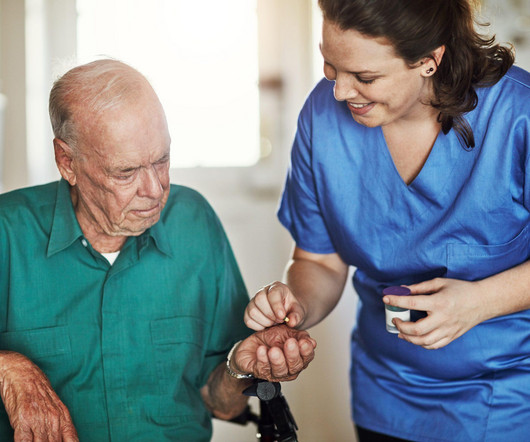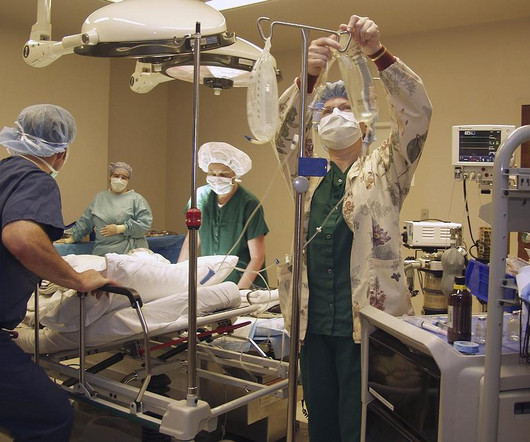Improving Care for Patients with a Non-English Language Preference (NELP)
EMDocs
AUGUST 22, 2024
Train your staff on best practices for using phone interpreters. Improving patient safety systems for patients with limited English proficiency: a guide for hospitals. Improving patient safety systems for patients with limited English proficiency: a guide for hospitals. Lion KC, et al.














Let's personalize your content